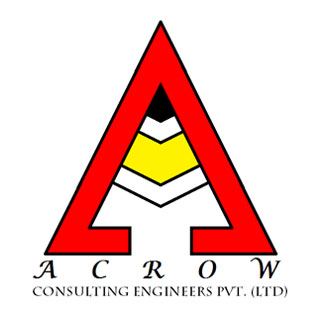The Backbone of Industry: What Makes a Great Industrial Structure?
Introduction:
Industrial structures are the silent powerhouses that keep modern economies running. From manufacturing facilities to warehouses and logistics hubs, these buildings are designed not just for form, but for function.
What Defines an Industrial Structure?
Industrial structures are large-scale facilities designed to support heavy equipment, production lines, and storage. Key features include:
High load-bearing capacities
Large open interior spaces
Durable materials (steel, reinforced concrete)
Easy access for transportation and logistics
Critical Design Elements:
Structural Integrity: Must handle mechanical vibrations, temperature fluctuations, and heavy equipment loads.
Flexibility: Spaces that adapt to different machinery or processes.
Efficiency: Layouts that support streamlined workflows, energy efficiency, and safety.
Sustainability: Growing demand for eco-friendly materials and energy-efficient systems.
Conclusion:
A great industrial structure combines engineering precision with smart design. As industries evolve, these buildings must be as adaptable as they are strong.
